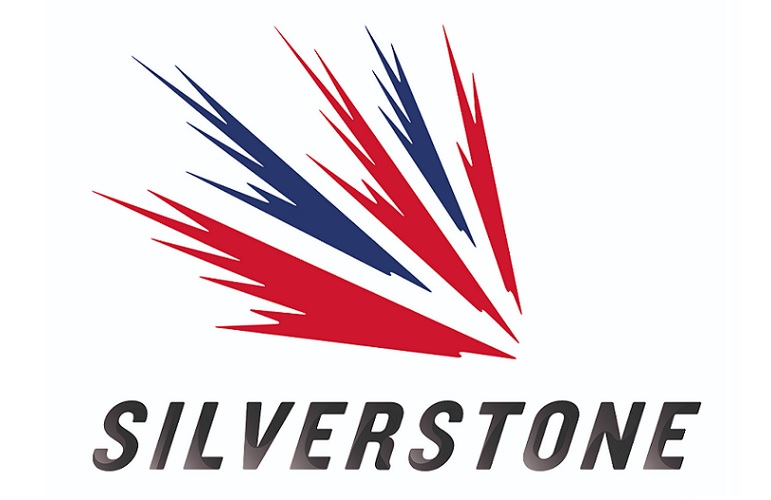Silverstone is home to the British Formula 1 Grand Prix, but it also hosts many other high-speed events throughout the year. Having a reliable fleet is a must. Some of the richest people in the world visit the iconic Silverstone race circuit in Northamptonshire each year. But, when it comes to operating the fleet that keeps the races on track, every penny counts.
The venue is home to the Formula 1 British Grand Prix, the UK’s largest single day sporting event, which this year saw 350,000 people watch Lewis Hamilton just beaten to the chequered flag by Sebastian Vettel.
Across the year, the circuit plays host to more than a million visitors who come to watch hundreds of races and events. But keeping the circuit operational and the crowds safe and well-fed requires an army of staff in addition to a fleet that is a world away from the high-tech machines that grace the track. The job of sourcing the right cars and vans to keep the circuit moving falls to procurement and contracts manager Lee Thomas.
This isn’t his first role in the motor racing world. Thomas spent seven years with the Honda Formula 1 team, based in Brackley. He also acquired important purchasing experience during previous roles in the food and beverage industry. This provides valuable insight for the wide-ranging roles the fleet plays at Silverstone, with vehicles used for several purposes, from fire tenders to fast response ambulances, VIP transport, relocating temporary structures and support for on-site catering across its 600 acres.
There are around 200 vehicles in the Silverstone fleet, mostly commercial vehicles including 4x4s, which can be multi-use or allocated to specific departmental roles. They rarely leave the circuit and cover relatively low mileage during their four-year lifecycle, driving as little as 3,500 miles per year. A range of funding methods are used to acquire the fleet, from outright to hire purchase, leasing and even contra deals with manufacturers keen to expose their brands to the thousands of fans at the circuit. Thomas says: “People want to be seen here. It’s a showcase.”
Sourcing is typically through traditional channels and Thomas relies on the support of suppliers to provide the expertise needed to acquire the best vehicles for the right price. He was impressed by the proactive approach of Bradford-based JCT600 Vehicle Leasing Solutions (VLS), a stand-alone business within dealer group JCT600.
The dealer group sells many of the world’s most respected brands including Aston Martin, Audi, Bentley, BMW/Mini, Ferrari, Maserati, Mercedes-Benz, Porsche, Vauxhall and Volkswagen. It also has a racing heritage as the business was founded by renowned rally driver, Jack Tordoff, who won the Circuit of Ireland Rally in 1973. However, it was the attention to detail and support when engaging drivers in the procurement process that secured backing from Thomas.
JCT600 VLS proactively discussed fleet management ideas with Thomas to secure a place on a supplier shortlist. Its support included hosting a demonstration day to showcase different brands and models to obtain driver feedback. Thomas says: “JCT600 went the extra mile. They were keen to meet face-to-face and really wanted to look into our requirements. They suggested manufacturers that were the best fit and were also involved in getting us the best deal. “It is important to get drivers’ views on vehicle choices as they will be using them every day and will be able to identify any issues with a particular model. Their feedback is very important. “We were extremely impressed by the amount of hard work and time JCT600 VLS put in and the on-site demo day it organised enabled personnel from our various departments to try out a number of makes and models for themselves.”
He adds: “JCT600 VLS helped me to do my job. It took our requirements and wanted to help us. I trusted it to get us to the point of delivery. It has continued to provide a high level of personal service.” This trust is a vital aspect in choosing suppliers, as the seasonal nature of the circuit means delays can be costly. Vehicles had to be delivered within a tight time period and their arrival had to coincide with the removal of the old fleet. Thomas adds: “JCT600 VLS made the transition easy when it could have been quite difficult ordering these vehicles and getting them delivered within four-six weeks.
So far, JCT600 has supplied just short of 40 vehicles – 21 Mitsubishi L200 pick-up trucks, two refrigerated Renault vans, one Ford Focus and 15 Renault Master vans and Kangoo Maxi vans. Paul Walters, managing director for JCT600 VLS, says: “We were also able to work within Silverstone’s time frame, with the vehicles ordered, liveried and delivered within just three months.” A majority of the fleet has been fitted with hands-free kits and parking sensors to minimise incident damage. If a collision occurs, its cause is reviewed and plans laid to avoid repeats. Silverstone also collects eye witness statements. JCT600 VLS provides an online portal for maintenance scheduling and management.

